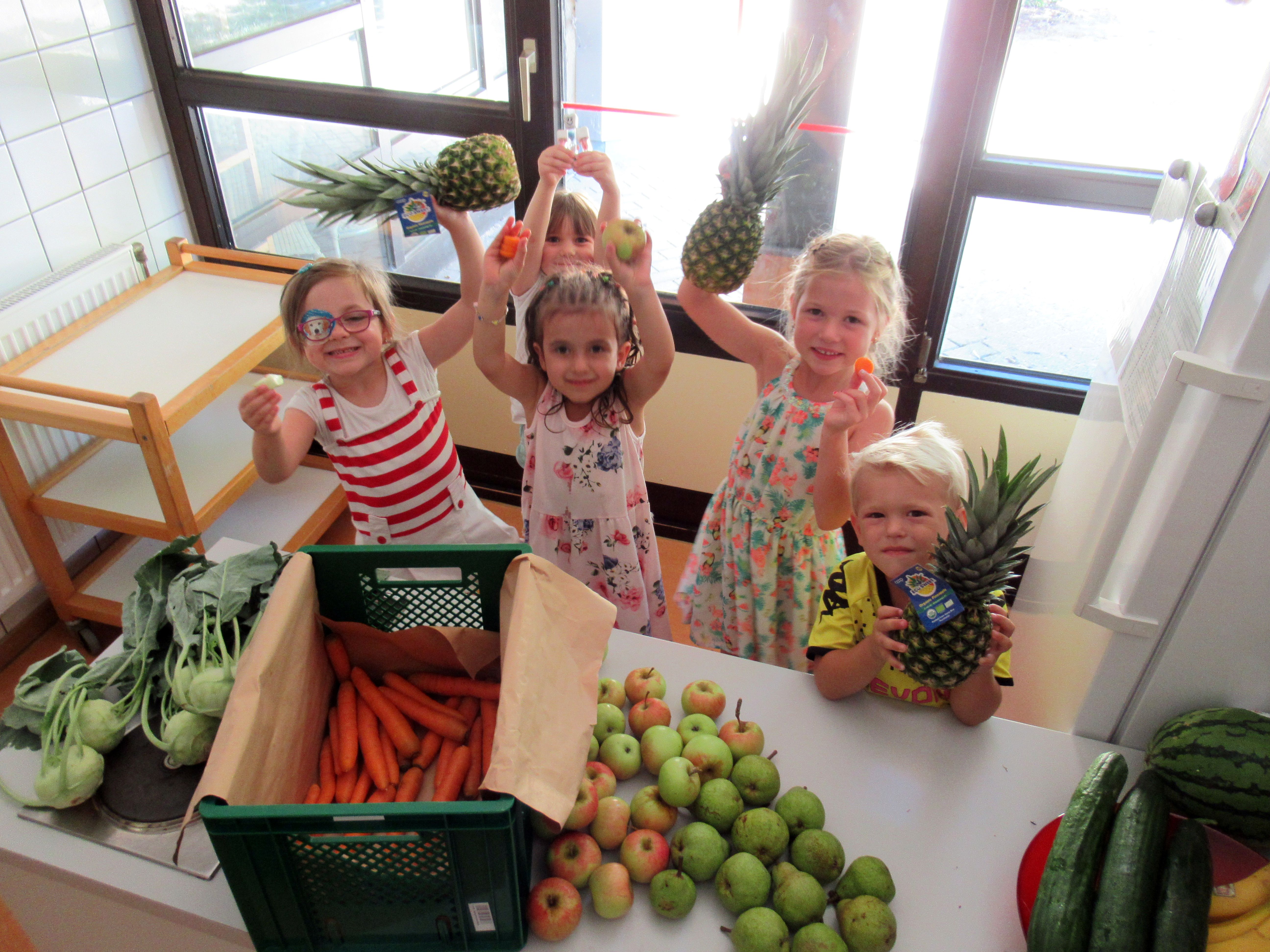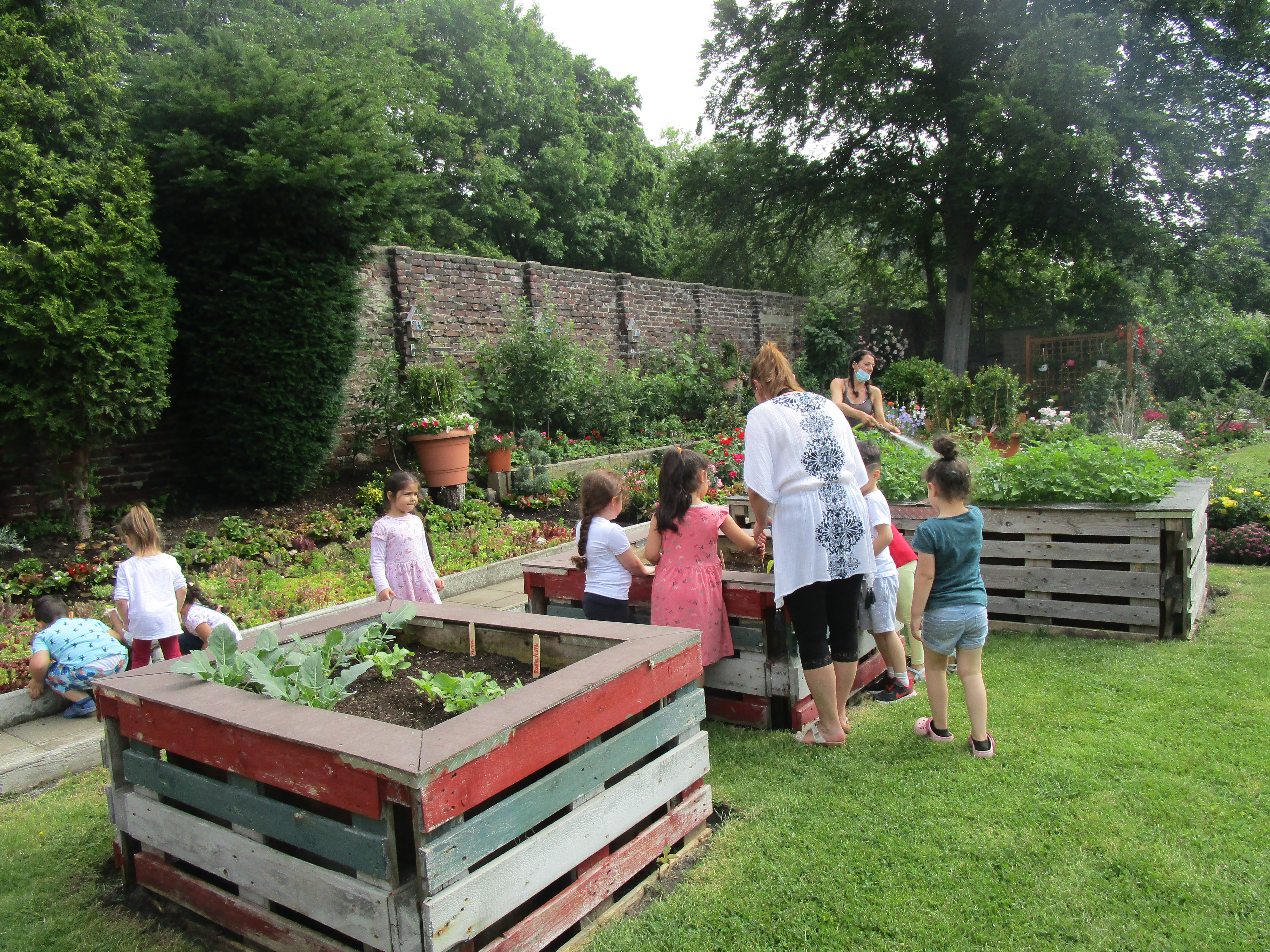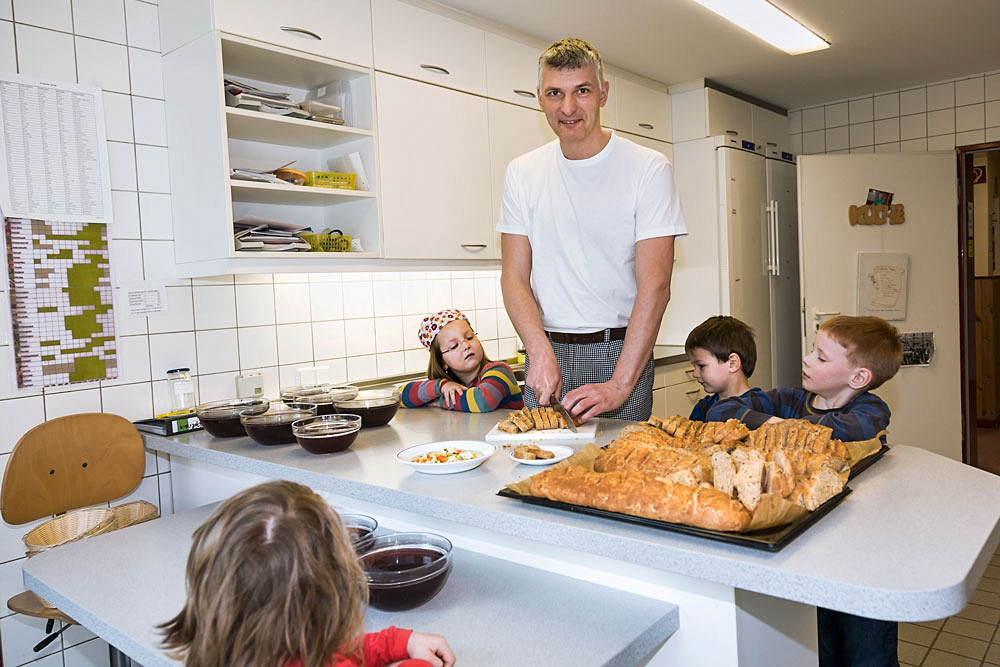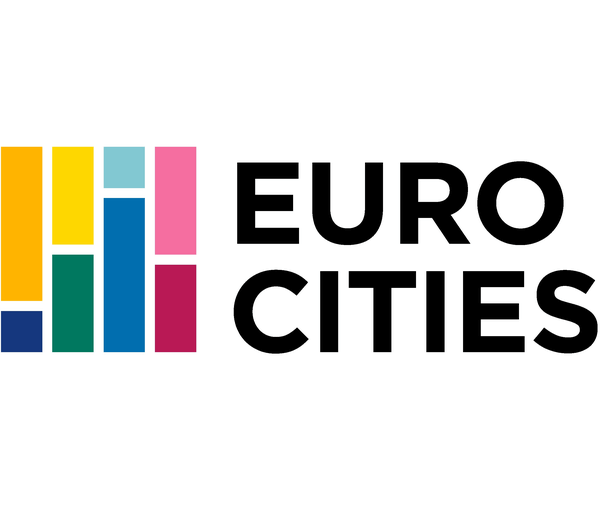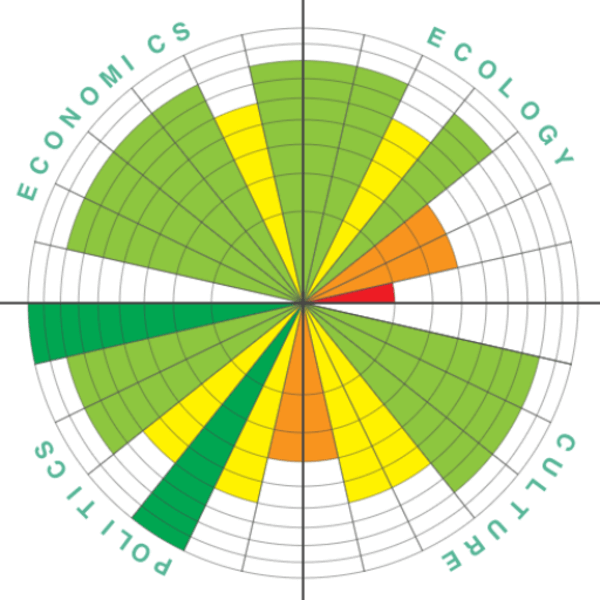Procurement
The aim to reduce greenhouse gas emissions by increasing the share of organic and regional food products is mainly addressed through public procurement. The change in food procurement in municipal daycare centres from conventional to sustainable and fair food products is implemented through framework contracts for a full range of organic products and for products from an organic farm in Dortmund. In addition, food procuring employees in these institutions are encouraged to pay attention to climate-relevant criteria such as organic, regional, seasonal and fair traded when placing orders.
Besides procurement options, recipes used by the daycare centres are another component of the climate-friendly food procurement strategy. These are certified according to the principles of optimised mixed diets (OptimiX) and are monitored by the department of child nutrition in Bochum (Germany). This policy ensures that meat is only consumed once a week. Since meat consumption accounts for a considerable amount of diet-related greenhouse gas emissions, reducing its frequency represents an important opportunity for CO2 reduction.
Meal plans of municipal daycare centres were also reviewed during a project called “MehrWert” by the Consumer Association of North-Rhine Westphalia and received a certificate for their climate-friendly conception. The project resulted in a cookbook with climate-friendly recipes for communal catering and is now used by the staff in daycare centres to add to the existing collection of recipes. It includes the use of alternative products with lower greenhouse gases, for example, the use of spelt instead of rice.
Capacity building
Teaching children about sustainable development and food is one of the principles of the municipal daycare centres in Dortmund. Educators support the children’s enthusiasm and interest in nature and the environment through activities, projects and discussions. For instance, the daycare centres regularly take part in the project “UmweltBewusste Kita” (environmentally conscious daycare centre) of the city’s Energy Management Office. The aim is to reduce the consumption of energy and resources in daycare centres and to raise children’s awareness of environmental issues by planting raised beds with vegetables and experiencing a “day without electricity”. As “electricity-saving detectives”, “water police” and “electricity owls” the children experience playfully how to save energy and learn about the energy cycle.
By taking part in the Fair Daycare NRW (Faire Kita NRW) project, all of the municipal daycare centres in Dortmund were certified with the Fair Daycare award by 2021. During a one-year process, the children, parents and daycare staff learned about the basics of fair and ethical trade. Education for Sustainable Development (ESD) has been a standard for FABIDO, the municipal body responsible for the Dortmund’s daycare centres, since 2017. Through this programme, children and staff acquire new knowledge daily about local and global issues such as waste reduction in their own daycare centre or ocean pollution every day. This education increases their sense of responsibility for their own actions and empowers them to help shape a more democratic, healthier and fairer world.
Urban gardening
Seven municipal daycare centres are participating in the “Querbeet” project, an initiative of the Office for Urban Renewal. This project promotes urban gardening and aligns with the concept of the “edible city”. In these daycare centres, children can grow and harvest fresh vegetables, herbs and fruits, which can help raise their awareness about food production and sustainability. In addition, 150 raised garden beds were built for FABIDO with the support of the “Stadtteilwerkstatt”, a district workshop of the Social Welfare Office, to support urban gardening in the daycare centres. 113 nesting boxes and 114 large insect hotels have been built and installed in the outdoor areas of the facilities.
Communication
In order to raise awareness about the importance of food in climate protection, reports on projects and measures are published in the newsletter for FABIDO employees “FABIDO direct”. FABIDO also communicates its efforts through regular press releases about completed projects, publications in specialist journals and articles on the FABIDO website. FABIDO also participates in the annual city festival DORTBUNT, where it presents its concepts of home economics and ecological education to interested citizens, families and visitors.
FABIDO engages with approximately 7,000 families daily. These interactions occur during drop off and pick up times, parents' council meetings, and daycare centre events. This ensures parents are actively involved and informed about FABIDO’s sustainable food and environmental programmes.
